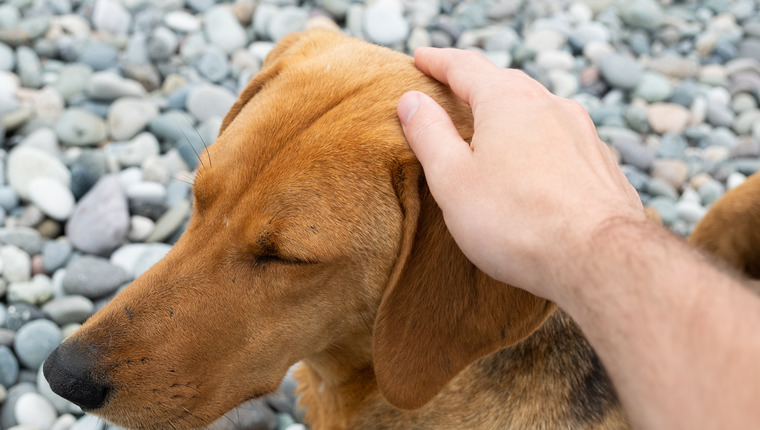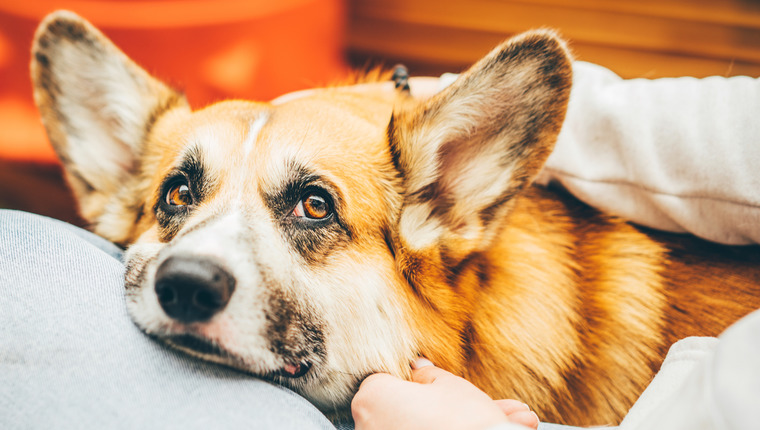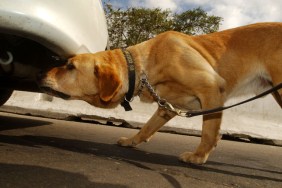
Two of dogs’ greatest attributes are their acute sense of smell – about 10,000 times that of humans – and their incredible empathy. A new study published in PLOS One shows canines can utilize both these abilities to sniff out stress.


Two of dogs’ greatest attributes are their acute sense of smell – about 10,000 times that of humans – and their incredible empathy. A new study published in PLOS One shows canines can utilize both these abilities to sniff out stress.



